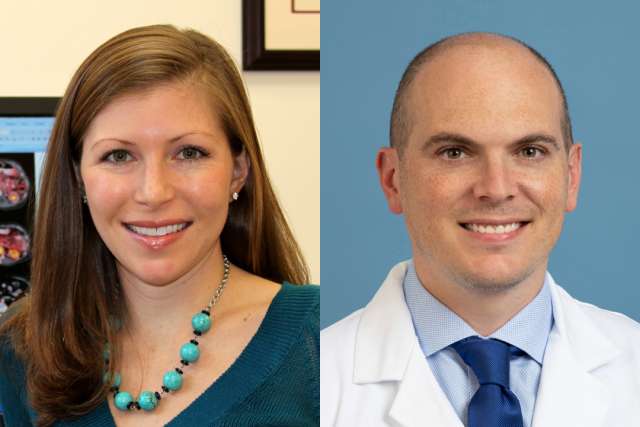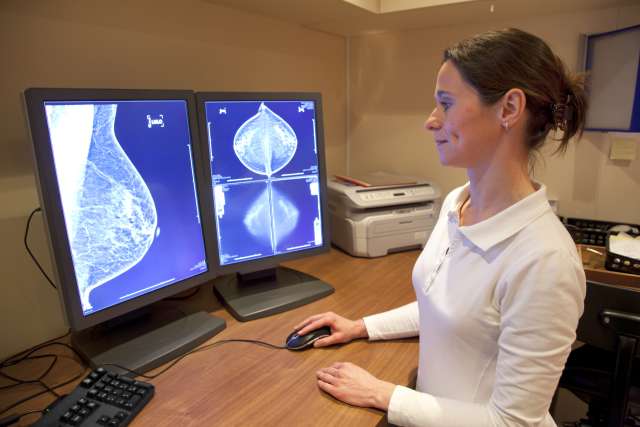Investigators at the have received an $800,000 grant from the V Foundation to find new ways to treat and prevent a severe form of kidney cancer associated with a hereditary syndrome caused by mutations in the fumarate hydratase (FH) gene.
The grant supports research, led by , director of Basic and Translational Research at the UCLA Health Jonsson Comprehensive Cancer Center, and , director of the Kidney Cancer Program and the Alvin & Carrie Meinhardt Endowed Chair in Kidney Cancer Research at UCLA, focused on hereditary leiomyomatosis and renal cell cancer (HLRCC). This genetic condition leads to an aggressive kidney cancer and other manifestations such as painful skin tumors (leiomyomas) and large uterine fibroids. The incidence of HLRCC is more common than previously thought, often detected through genetic testing. However, there are currently limited treatment options and no effective prevention strategies.
“Patients with HLRCC face a high risk of developing kidney cancer at a young age and uterine fibroids often lead to hysterectomy in young women impairing their fertility,” said Shuch. “Our goal is to identify treatments that can either prevent the onset of cancer and the benign manifestations or manage its progression more effectively.”
The team plan to open a clinical trial investigating the use of 6-mercaptopurine (6MP), a medication commonly used to treat inflammatory disorders or hematologic cancers, in patients with HLRCC. in mice have shown promising results, with 6MP effectively blocking tumor growth by targeting the tumor's reliance on purine salvage, a key metabolic process. This trial will also assess secondary outcomes, such as tumor response and progression-free survival, providing a foundation for future larger-scale studies.
The team will also work with Dr. Adam Singer, health sciences clinical instructor of medicine and division lead for kidney cancer in hematology/oncology at UCLA, and Dr. Ram K. Parvataneni, health sciences clinical professor in obstetrics and gynecology and leader of the UCLA fibroid treatment program.
Along with the clinical trial, investigators will test various preventive treatments that include 6MP, allopurinol, which is a medication commonly used for gout, and a low-purine diet on genetically-engineered mouse models. The goal is to determine whether these approaches can effectively prevent the development of kidney cancer in a mouse model, potentially translating into human treatments.
“We are hopeful that our research will not only offer new therapeutic options but also pave the way for preventive strategies that could significantly improve the quality of life for those affected by this challenging condition,” said Christofk.







